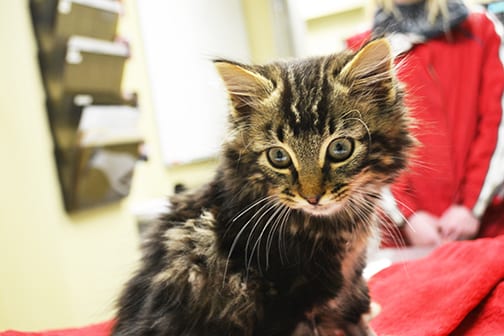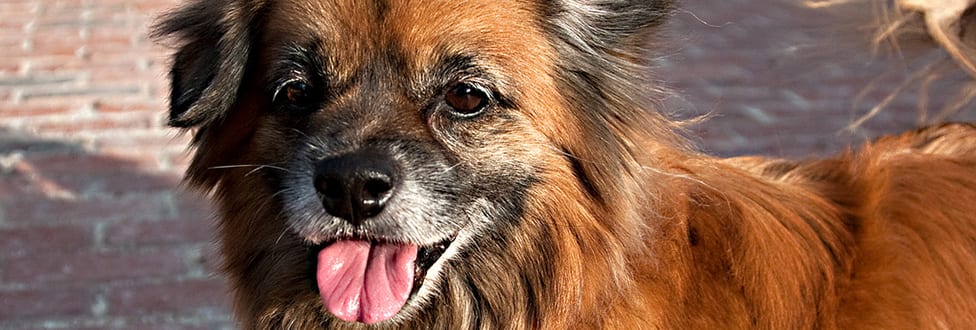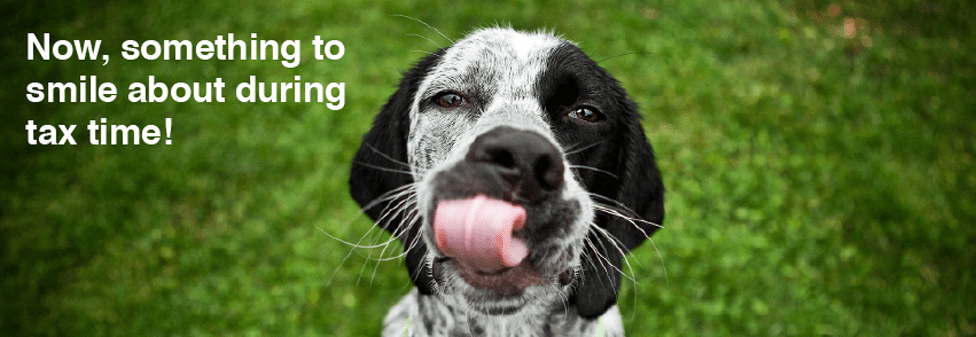It’s Hip to Snip! Helping Feral Cats in Greater Boston
How Spaying and Neutering Feral Cats Prevents Animal Homelessness
Do you know a “neighborhood cat?” Maybe there’s a familiar feline around the city streets near your work or around your block? One that you see roaming around abandoned buildings, restaurants or dumpsters?
Often these cats are known as “feral.” They have either lived for an extended period of time with little or no human contact or away from human contact long enough to revert to a wild state. As a result, they cannot easily adapt back to living indoors with people as pets.

A volunteer checks on a feral cat waking up from spay/neuter surgery during a Fall ARL Fix-A-Feral clinic
Sometimes these cats have been abandoned or put outside by previous owners. Other times they are the offspring of stray or other feral cats.
While ferals tend to avoid human contact because they aren’t properly socialized, they often live in cat colonies in close proximity to humans. Especially during the winter when food supplies can be scarce, they frequently rely on people to provide them with food. Dedicated volunteers around the state feed, monitor, and support many – but not all – colonies.
“There are several feral cat colonies all around Massachusetts,” says Maryann Regan, the ARL’s director of shelter operations. “These colonies grow in numbers when owned cats who are not spayed or neutered are put outdoors or abandoned. Their offspring have offspring, the cycle continues, and the number of feral cats grows.”
Spaying and neutering feral cats is an important part of solving the problem of animal homelessness.
According to Maryann, “studies have shown that humanely trapping, spaying/neutering, and releasing–or what people in animal welfare call ‘TNR’–feral cats back to the colonies where they have been living is one of the most effective ways to decrease the number of homeless animals in our community.”

The ARL evaluates all cats during the clinic to find “friendlies,” stray cats who could re-adjust to living with people as pets.
Thanks to a generous donation from an anonymous donor in 2013, the ARL launched Fix-a-Feral clinics to spay and neuter feral cats in Greater Boston. During the clinics, cats receive a behavioral screening to identify any “friendlies,” stray cats who have more recently joined a colony. With support from our shelter staff, the friendlies have a very good chance of getting used to living indoors with people again and finding a new home.
In addition to getting spayed or neutered, cats going through the clinic also receive vaccines and other medical attention as necessary.
In 2014, over 250 feral cats in the greater Boston area came through our TNR clinics. Our Spay Waggin’ also spays and neuters feral cats on the South Shore and Cape Cod, where sizable colonies also exist.
This winter has been especially hard on feral cats in our community, and you can help!
- Donate cat food for feral cat caretakers at any one of ARL’s three Animal Care & Adoption Centers
- Learn how to build a warm and protective feral cat shelter
- Volunteer during an ARL Fix-a-Feral clinic this spring
Fun Fact: In one year, an unspayed female cat can have as many as 6 litters of kittens. Spay/neuter efforts for feral animals not only decrease the number of homeless animals born each year, but they also reduce or eliminate unwanted “nuisance” behaviors such as fighting, yowling, and spraying.

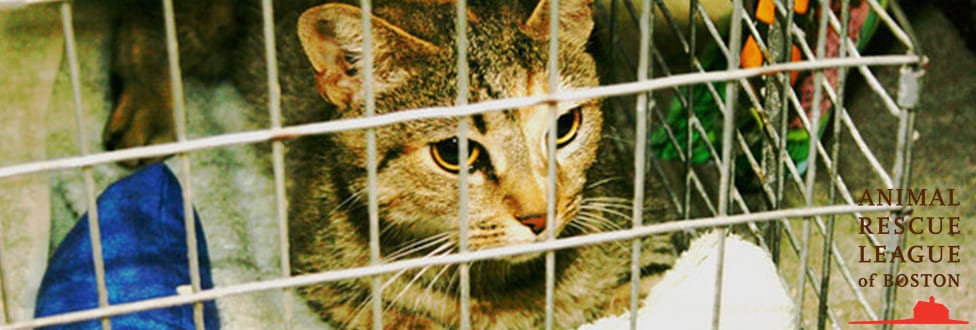
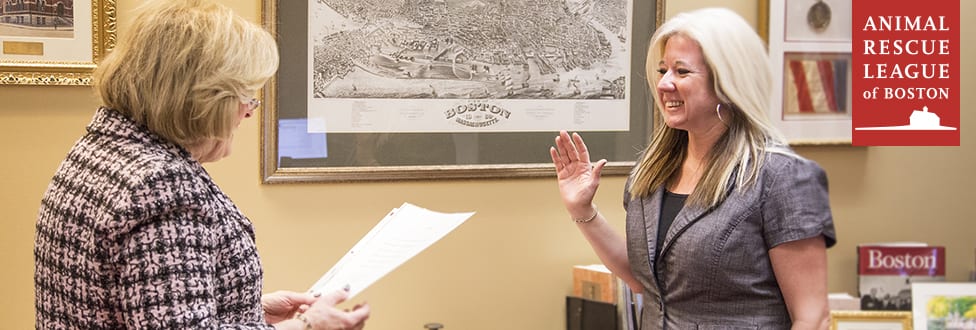

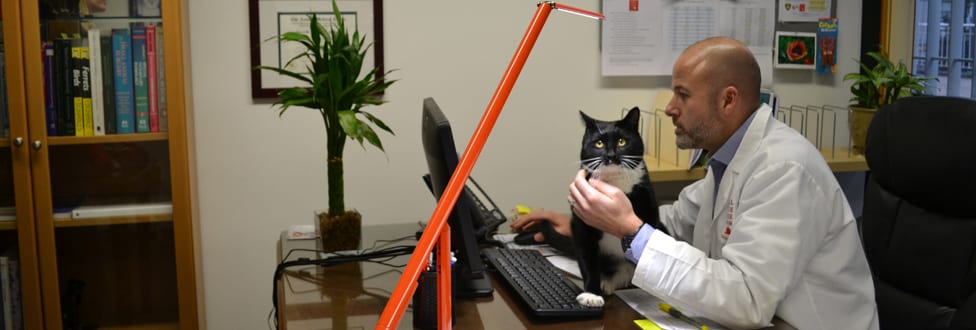


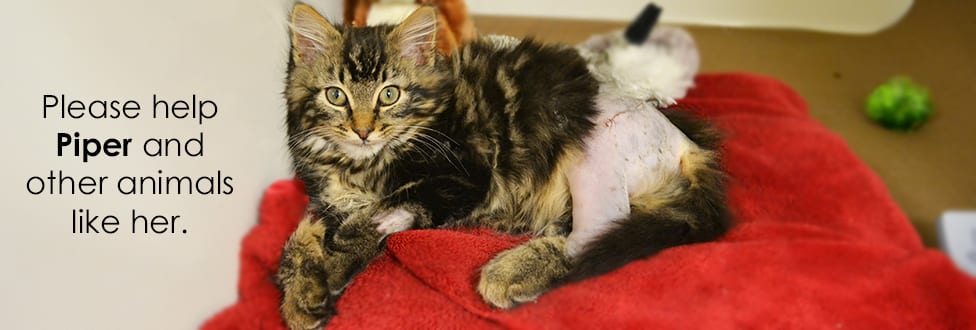
 The Animal Rescue League of Boston’s (ARL) newest addition, little Piper the kitten, is recovering from delicate surgery performed on Monday to repair her broken back leg.
The Animal Rescue League of Boston’s (ARL) newest addition, little Piper the kitten, is recovering from delicate surgery performed on Monday to repair her broken back leg.
